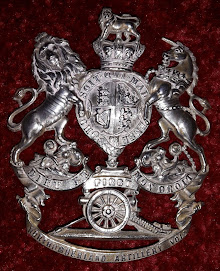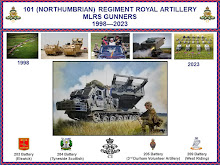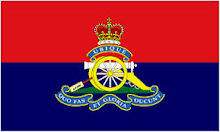 |
| Bucquoy Road Cemetery |
The Bucquoy Road Cemetery is located 9 kilometres west of Arras near the village of Fichieux.
Bucquoy Road Cemetery, Ficheux | CWGC
During World War One the village lay within the German lines from 1914 until March 1917 when the German Army withdrew to the Hindenberg Line. Fichieux then lay 5km behind the front line under British control.
In April 1917 the British First and Third Armies launched an offensive in the Arras Sector. The VII Corps Main Dressing Station was estabished with the cemetery nearby. The 20th and 43rd Casualty Clearing Stations at Boisleux-au-Mont used the cemetery until March 1918. It was not used again until September and October when the 22nd, 30th and 33rd Casualty Clearing Stations were located at Boisleux-au-Mont. When the Armistice was signed the cemetery contained 1,166 burials and later expanded as graves from the surrounding battlefields and small cemeteries were concentrated at Bucquoy Road.
The cemetery contains 1,901 casualties from World War One, of which 1,733 are identified
 |
| Bucquoy Road Cemetery WW1 |
The Bucquoy Road Cemetery is the resting place of two Northumbrian Gunner Officers, 2nd Lieutenants A.R. Rouse and A.J. Sloan who served with 315 Brigade RFA The 315th originated as the 2nd line Northumbrian Brigade Royal Field Artillery, who died at the end of October 1918.
 |
| Bucquoy Road Cemetery WW1 Northumbrian Gunner Officers |
 |
| Bucquoy Road Cemetery WW1 Indian Gunner Dalip Singh |
 |
| Bucquoy Road Cemetery WW1 Canadian Soldiers |
 |
| Bucquoy Road Cemetery WW1 Canadian Soldier J Standing Buffalo |
The Bucquoy Road Cemetery became the resting place for many who were killed diring the Action at Fichieux. A plot was was added to the existing cemetery which contains 136 burials and commemorations. This includes 26 unidentified casualties and special memorials commemorate 39 soldiers whose graves in the cemetery could not be specifically located.
 |
| Bucquoy Road Cemetery |
 |
| Bucquoy Road Cemetery World War Two Plot |































